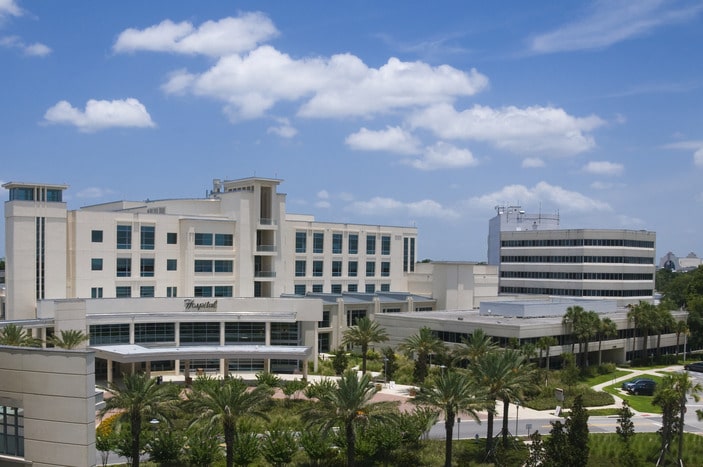
- June 13, 2024
- |security guard company
- | 0
Security Guards in Healthcare –
At XPressGuards, we recognize the vital role security guards play in maintaining safety and security within healthcare environments. Hospitals, clinics, and healthcare facilities require specialized security measures to protect patients, staff, and valuable medical resources. Let’s explore the essential responsibilities of security guards in healthcare settings and how they contribute to a safe and supportive environment.
Patient and Visitor Safety
1. Monitoring Entrances and Exits
Security guards control access points to healthcare facilities, ensuring only authorized individuals enter. They monitor entrances, check identification, and enforce visitor policies to prevent unauthorized access and maintain a secure environment. Guards also assist patients and visitors with directions, enhancing their overall experience while ensuring safety protocols are followed.
Emergency Response and Crisis Management
1. Immediate Response to Emergencies
In healthcare settings, emergencies can occur suddenly and require immediate action. Security guards are trained to respond swiftly to medical emergencies, fires, or security incidents. They collaborate with healthcare staff and emergency responders, providing assistance, managing crowd control, and ensuring the safety of everyone involved. Guards play a critical role in maintaining calm during crises and facilitating a coordinated response.
Protecting Medical Equipment and Supplies
1. Preventing Theft and Vandalism
Medical equipment and supplies are essential for patient care, making them targets for theft or vandalism. Security guards patrol hospital corridors and sensitive areas, such as supply rooms and pharmacies, to deter unauthorized access and safeguard valuable resources. Guards also monitor inventory levels and report any discrepancies, ensuring that medical supplies remain readily available for patient treatment.
Ensuring Staff Safety
1. Assisting in Staff Protection
Healthcare professionals often work in challenging and unpredictable environments. Security guards provide support by escorting staff during late hours or in isolated areas, enhancing their safety while they focus on patient care. Guards also intervene in situations involving aggressive behavior or disputes, de-escalating conflicts to maintain a safe workplace for healthcare personnel.
Maintaining Order and Security
1. Monitoring and Surveillance
Security guards use surveillance cameras and patrol techniques to monitor hospital premises continuously. They identify and respond to suspicious activities, unauthorized persons, or potential security breaches. By maintaining a visible presence and conducting regular patrols, guards deter criminal behavior and ensure a secure environment conducive to patient healing and staff productivity.
Collaboration with Healthcare Teams
1. Partnership with Healthcare Staff
Security guards collaborate closely with healthcare teams to address security concerns and implement safety protocols effectively. They participate in staff trainings, drills, and emergency preparedness exercises to enhance coordination and response capabilities. Guards also provide feedback on security vulnerabilities and suggest improvements to ensure ongoing safety enhancements within the facility.
In conclusion, security guards are integral to ensuring patient and staff safety in healthcare settings. At XPressGuards, we are committed to providing professional security services that protect healthcare facilities, support medical professionals, and maintain a safe environment for all. By upholding stringent security measures, responding to emergencies promptly, and fostering collaboration with healthcare teams, our security guards contribute to the overall well-being and security of healthcare environments. We remain dedicated to safeguarding healthcare facilities and promoting a secure atmosphere where patients receive quality care and staff can perform their duties without concern for safety. Contact us to learn more.


